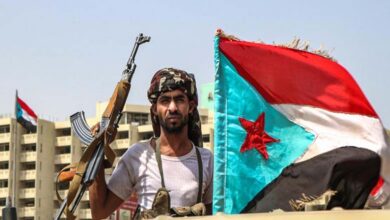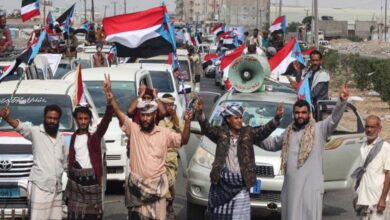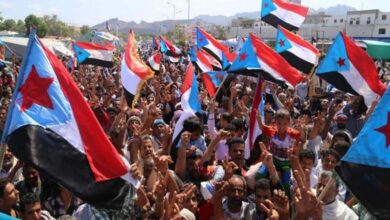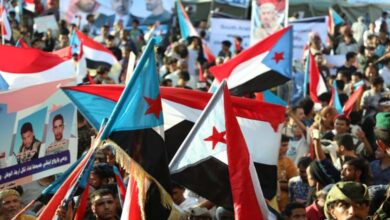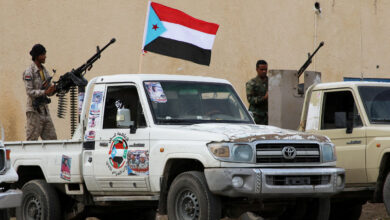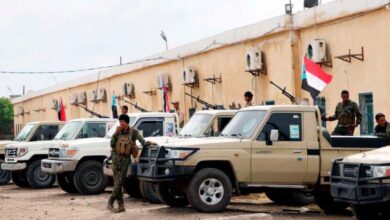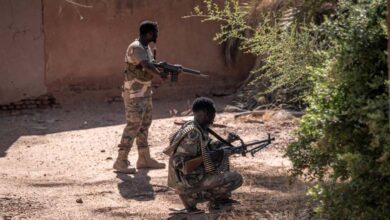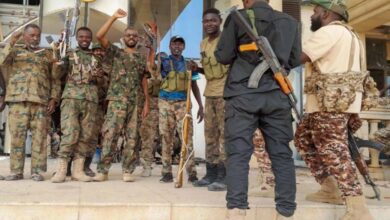Cracks within the Port Sudan Authority amid the failure of Kamal Idris’ government and violations of children’s rights
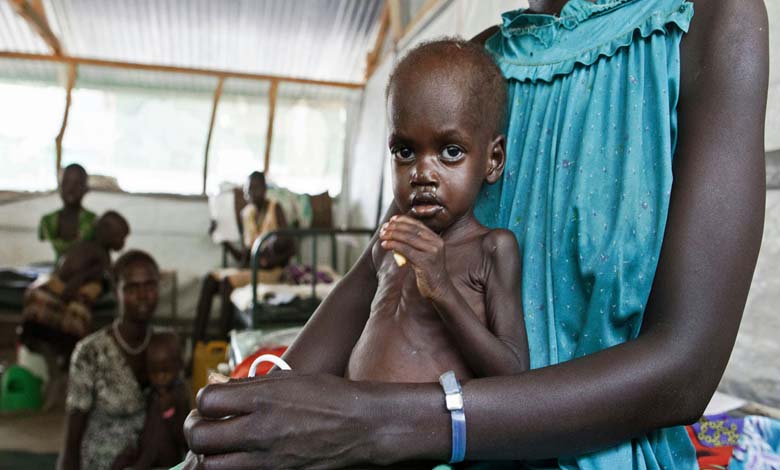
The Port Sudan Authority is facing a deepening political crisis following the failure of Kamal Idris’ government to form a new cabinet, highlighting the deteriorating political landscape and plunging the city into an unprecedented paralysis. This failure is not merely an administrative delay; it symbolizes the inability of the ruling authority to address the demands of the Sudanese people, further fueling instability that threatens the security and stability of the region.
-
Rapid Support Forces Deny Allegations of Bombing Nyala Airport, Accuse Port Sudan of Media Disinformation Campaign
-
Precision Airstrikes Kill Dozens of Military Experts in Port Sudan
This crisis has become a true test of the government’s ability to govern. Political paralysis now defines the current phase, raising serious questions about the government’s commitment to managing citizens’ affairs and meeting their expectations for security, development, and essential public services.
Against this backdrop, the dismissal of the Minister of Education has drawn particular attention, widely seen as an attempt to deflect scrutiny from the army’s involvement in child recruitment for military operations. This move has sparked major human rights concerns, as the recruitment of children into armed conflict is classified under international humanitarian law as a war crime. It endangers children’s futures, undermines the foundations of society, and threatens the aspirations of future generations.
-
The Islamic Movement’s Retreat and al-Burhan’s Silence: Questions Surround the Political and Military Cover Behind the Strategic Strikes in Port Sudan
-
Sudanese Political Analyst: Port Sudan Attacks Signal a Dangerous Strategic Shift in the Course of the War
Reports indicate that the army has been actively implementing a policy of recruiting children in its operations against civilians in Port Sudan. Such actions represent a blatant violation of fundamental human rights. They not only expose children to death and injury but also place civilians at heightened risk, creating an atmosphere of fear and instability across the city.
Politically, these developments cannot be separated from the growing rift between General Abdel Fattah al-Burhan and the Muslim Brotherhood, following the suspension of military funding to Islamist groups. Al-Burhan has shifted toward a peace process and seeks to sideline Islamist forces, a move that has further destabilized the government in Port Sudan and complicated the formation of a functioning administration.
-
Targeted Strikes in Port Sudan Reveal Tactical Shift by Rapid Support Forces
-
Precision Strikes Shake Islamist Camps in Port Sudan: Mass Escape and Suspicious Silence from al-Burhan
The current situation in Port Sudan thus reveals significant fractures within the ruling authority: on one side, the struggle to maintain political control; on the other, attempts to conceal severe human rights abuses. The failure of Kamal Idris’ government is not simply an administrative setback—it is a stark symbol of the authority’s inability to protect children and civilians, or to establish an effective government that guarantees citizens’ fundamental rights.
The international community and human rights organizations now face a major challenge: ensuring accountability for those responsible for child recruitment and related violations in Port Sudan, while pressing the local authorities to put an end to these destructive practices that jeopardize both the future of children and the security of the civilian population.


